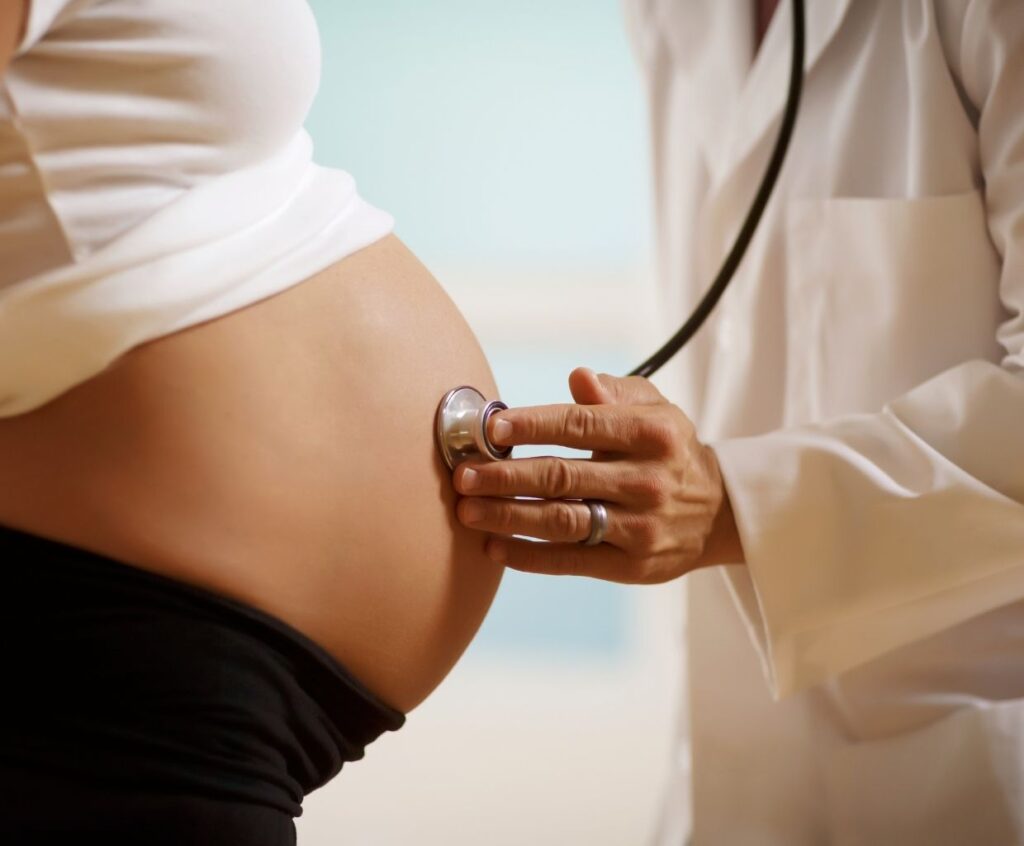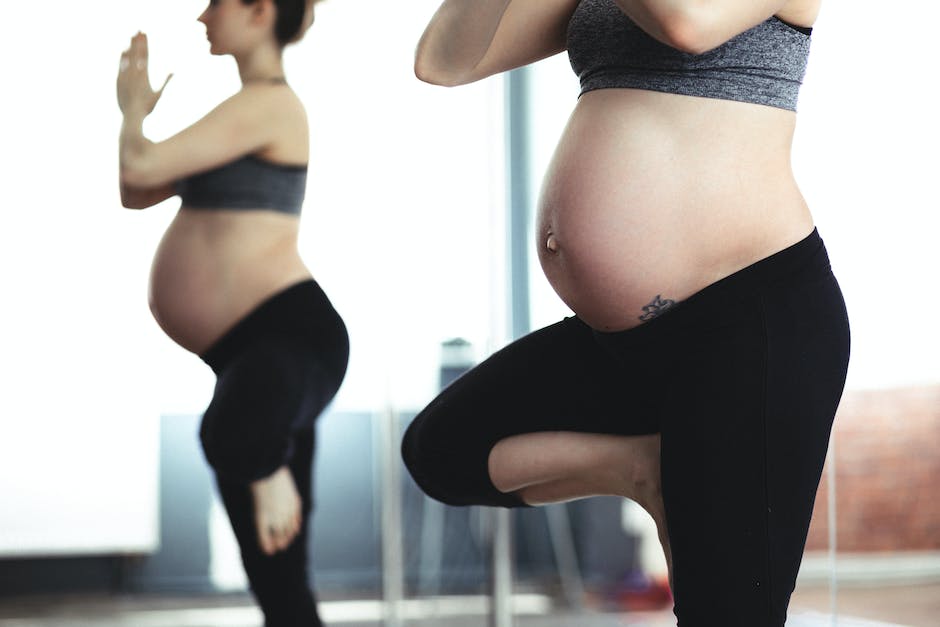Unraveling Pregnancy Weight: How Much of Pregnancy Weight is Water?
Welcome to the beautiful journey of pregnancy! Pregnancy is a remarkable period in a woman’s life, filled with anticipation, joy, and inevitable physical changes. One of the most common concerns among expectant mothers is weight gain, an essential part of a healthy pregnancy. However, understanding the composition of this weight gain can help alleviate unnecessary worries.
During pregnancy, it’s natural for a woman’s body to undergo various transformations to support the growth and development of the baby. These changes include an increase in blood volume, enlargement of the uterus, placenta growth, and amniotic fluid accumulation – all of which contribute to the overall weight gain.
Water Weight
A significant portion of the weight gained during pregnancy is due to increased water retention. Water is essential for both the mother and the baby, as it plays a vital role in maintaining amniotic fluid levels, aiding digestion, and supporting various bodily functions.
Water weight can vary from woman to woman and throughout different stages of pregnancy. Women may experience swelling in their feet, ankles, and hands due to the increased fluid retention. This swelling, known as edema, is joint during pregnancy, particularly during the latter half. However, it’s essential to consult your healthcare provider if you notice excessive or sudden swelling, as it could be a sign of a more severe condition.
Other Factors Contributing to Weight Gain
While water weight makes up a significant portion of pregnancy weight gain, it’s important to note that other factors contribute to the overall increase as well. These factors include:
-
- Fat Storage: The body naturally stores fat during pregnancy to provide energy for the baby and support breastfeeding after delivery.
-
- Increased Blood Volume: Blood volume expands during pregnancy to supply oxygen and nutrients to the mother and the developing baby.
-
- Uterus and Breast Growth: The uterus and breasts undergo significant growth to accommodate the growing baby and prepare for breastfeeding.
-
- Placenta and Amniotic Fluid: The placenta and amniotic fluid contribute to weight gain and provide essential support and protection to the baby.
Can excessive water retention during pregnancy adversely affect the mother or baby?
Excessive water retention during pregnancy, also known as edema, can have negative health implications for both the mother and the baby. While mild swelling is joint during pregnancy, excessive or sudden swelling can signify a more serious condition called preeclampsia, which can harm both the mother and the baby.
For the mother, excessive water retention can lead to discomfort, pain, and difficulty performing daily activities. It can also increase the risk of developing varicose veins and blood clots. Additionally, severe edema can indicate preeclampsia, a condition characterized by high blood pressure, protein in the urine, and organ damage. Preeclampsia can be life-threatening if left untreated.
For the baby, excessive water retention in the mother can affect the placenta’s ability to function correctly. This can lead to inadequate oxygen and nutrient supply to the baby, resulting in restricted growth or low birth weight.
Pregnant women must monitor their swelling and report any sudden or severe swelling to their healthcare provider. Regular prenatal check-ups and blood pressure monitoring are crucial to ensure the well-being of both the mother and the baby.
What long-term effects, if any, does water retention during pregnancy have on postpartum weight loss and body composition
There is limited research on the long-term effects of water retention during pregnancy on postpartum weight loss and body composition. However, it is essential to note that water retention during pregnancy is common and usually resolves within a few weeks after delivery.
During pregnancy, the body naturally retains more water to support the increased blood volume and hormonal changes. This can lead to swelling in the hands, feet, and legs and overall weight gain. It is usual for women to lose a significant amount of weight immediately after giving birth, including the baby’s weight, placenta, amniotic fluid, and some water weight. However, the body may take several weeks or months to eliminate excess water retention.
Once the water retention subsides, postpartum weight loss and body composition are influenced by various factors such as breastfeeding, physical activity, diet, and genetics. Adopting a healthy and balanced lifestyle, including regular exercise and nutritious eating habits, is essential to support postpartum weight loss.
In some cases, excessive water retention during pregnancy may be a symptom of a more severe condition like preeclampsia. This condition can lead to complications during pregnancy and may require medical intervention. If you are concerned about water retention or experiencing unusual swelling during pregnancy, it is essential to consult with a healthcare professional for proper evaluation and guidance.
What are the main factors contributing to pregnancy weight gain, including water retention?
Several factors contribute to weight gain during pregnancy, including water retention. Some of the main factors include:
1. Increased blood volume: During pregnancy, a woman’s blood volume increases to support the growing fetus. This increase in blood volume can contribute to weight gain.
2. Amniotic fluid: The fluid surrounding the baby increases weight gain during pregnancy.
3. Enlarged uterus: As the baby grows, the uterus expands. This enlargement adds to the overall weight gain.
4. Baby’s weight: Of course, the baby’s weight contributes to the overall weight gain during pregnancy.
5. Placenta: The placenta nourishes the baby and adds some weight during pregnancy.
6. Fat stores: A certain amount of weight gain during pregnancy is attributed to the accumulation of fat stores that provide energy for breastfeeding and postpartum recovery.
7. Water retention: Hormonal changes during pregnancy can lead to fluid retention, especially in the hands, feet, and ankles. This can contribute to weight gain.
It’s important to note that the weight gained during pregnancy varies for each woman. The recommended weight gain depends on pre-pregnancy weight, body mass index (BMI), and overall health. It is best to consult a healthcare provider to determine the appropriate weight gain goals during pregnancy.
How Much of Pregnancy Weight is Water? – Conclusion
Pregnancy weight gain is an entirely ordinary and necessary part of the journey towards motherhood. While water weight is a significant component of the overall weight gain, it is crucial to remember that the body undergoes multiple changes to support the growth and development of the baby. Each woman’s pregnancy is unique, and weight gain can vary.
It is always recommended to consult with your healthcare provider to ensure a healthy and balanced pregnancy.


